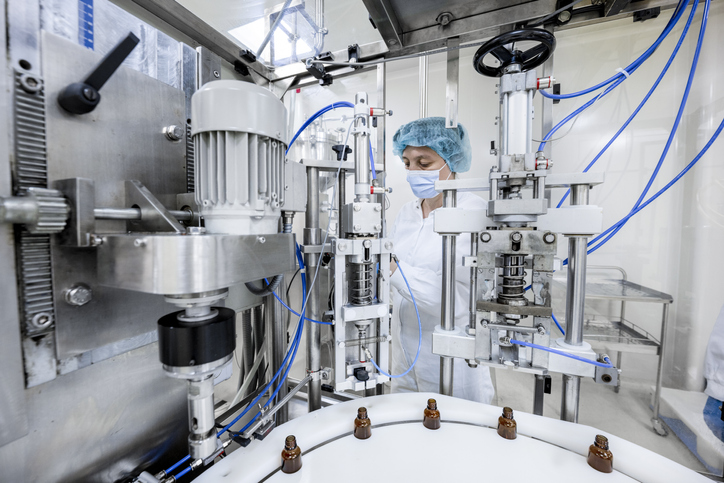In the realm of biomanufacturing, process intensification is emerging as a pivotal strategy for enhancing productivity and sustainability. This approach, which aims to produce more product with fewer resources, necessitates a comprehensive reevaluation of manufacturing processes. A recent study by Courtney Hazelton-Harrington, a senior R&D scientist at Lonza Biologics, underscores the significance of high-throughput analytical technologies in achieving these goals.
Hazelton-Harrington emphasized that process analytical technology (PAT) is essential for real-time monitoring of critical process parameters, facilitating better control and understanding of bioprocess variables. This capability is vital for the effective development and scaling of intensified processes, impacting all stages of manufacturing, from upstream culturing to downstream purification. While upstream processes often garner more attention due to their immediate productivity benefits, advancements in downstream processing—especially through continuous operations—can significantly enhance speed and efficiency.
Collaborating with Sartorius, Hazelton-Harrington explored the application of Raman spectroscopy to improve downstream purification processes. By monitoring fluctuations in product and sucrose concentrations during ultrafiltration/diafiltration, the use of inline PAT has shown promise in reducing reliance on offline analytics, thereby accelerating the downstream process. Initial results indicate that inline Raman monitoring can effectively track protein and excipient concentrations, with potential for further model development to assess additional quality attributes. This innovation marks a significant step toward optimizing biomanufacturing processes in an increasingly competitive landscape.
Open the full market picture for your next decision →



